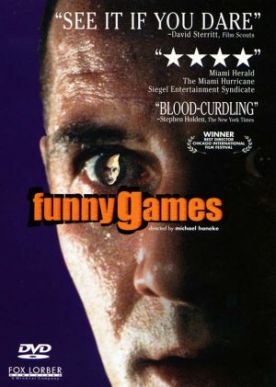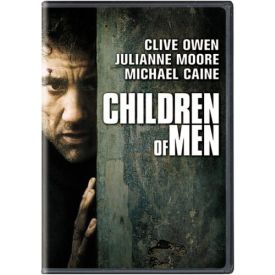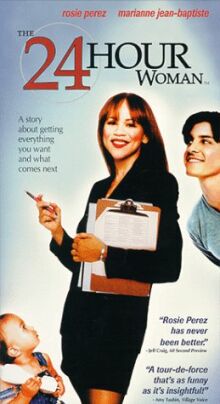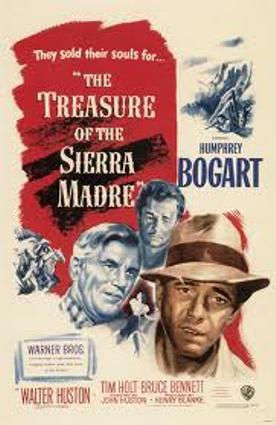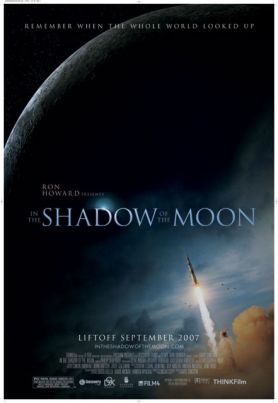Funny Games
Please note that the star in this case has a very special meaning. This is that if you have strong nerves and are not subject to nightmares—and you live in one of the few places where Funny Games by the Austrian director Michael Haneke can be seen—by all means go to see it. But don’t expect run-of-the-mill entertainment. Funny Games is one of the most disturbing films I have ever seen. It is a very clever po mo idea too. It takes a familiar sub-genre of popular thriller, the family-kidnap film whose classic examples include The Desperate Hours and Cape Fear, and gleefully sets up the same sorts of expectations only to disappoint them in every instance. A wealthy Austrian family—father Georg (Ulrich Muhe), mother Anna (Susanna Lothar) and little Georgie (Stefan Clapszynski)—arrive at their country house on the lake looking forward to two weeks of sailing and golf. As they drive in their Range Rover, mom and dad play a guessing game. Each plays an excerpt from an opera on the CD player and the other tries to identify the opera and the singer.
When they arrive at the lake, their only near neighbors seem to be acting strangely. Georg calls out to Fred to come help him put his boat in the water. Fred hesitates and then, seemingly reluctantly, agrees. He arrives with a young man, Paul (Arno Frisch), whom he describes as the son of a business acquaintance. Paul and Fred help Georg put the boat in the water. Meanwhile, back at the house, Anna is getting dinner ready and talking happily on the phone to friends who may or may not be coming to dinner. They will have to call her back and let her know. Another young man whom they had seen, from a distance, at the neighbors, this one calling himself Peter (Frank Giering) arrives and says that Eva next door wants to borrow some eggs. Anna happily gives him four eggs and asks what Eva is cooking. He doesn’t know.
He starts to leave but drops and smashes the eggs. He asks for four more. Anna begins to be annoyed with him. While she is getting him four more eggs, he accidentally knocks her mobile phone into the sink full of water. She becomes more annoyed. He seems to leave, but then Paul comes to the door and asks to look at Georg’s golf clubs. He is impressed that they are Callaways and asks if he can take one out and try it. Trying to be polite but through gritted teeth, Anna says “Why not?” Paul goes off with the club, and we cut to Georg and Georgie down on the boat. They had to borrow a sharp kitchen knife to trim some lines and suddenly they hear Rolfi, the family German shepherd, emit a yelp of pain. They go to investigate. There is a shot of the knife being left on the gunwale of the boat and being knocked down onto the deck as they leave.
Now Peter and Paul are both back in the foyer of the house talking to Anna. It seems that Rolfi jumped up on Peter and broke his second lot of eggs too. Now he would like to take her last four eggs. She tries to make a polite excuse, but he is insistent on having the eggs. Georg and Georgie arrive at the house and the attempts at politeness become even more frayed. Georg tells the two young men to leave at once. They keep insisting he is not being polite to them. The strain on the family’s ordinary middle class sense of manners and “nice” behavior is rather comic until Georg, in exasperation, slaps one of the two young men and the other one breaks his leg with the golf club.
From this point on the “funny games” become more and more bizarre. Paul takes Anna out to see if she can find where he has hidden the body of Rolfi. They play guessing games and tell stories. Peter pretends to be an abused child, which is why he is supposed to be doing these horrible things, and he weeps to hear Paul describe his youthful trauma. But this is only a joke, Paul explains. Really they are just spoilt rich kids, robbing people for drug money. Maybe killing them too. They decide to have a bet with the victims as to whether they will be alive by 9:00 the next morning. Are they killers or not? Likewise, are they rapists or not? One of the funny games is to force Georg to instruct Anna to take her clothes off so that the two young men can settle an argument between themselves as to whether or not she has an ounce of fat on her. She strips off, but the camera teases us as the boys are teasing Georg and Anna, not letting us see anything but her face as she undergoes this humiliation. Paul then tells her to put her clothes back on.
So far things are pretty familiar to movie-goers, though the elaborate charade of Peter’s childhood abuse strikes an odd note. So does the fact that the two also refer to each other as Tom and Jerry and Beavis and Butthead, so that their identities are even more completely effaced. Still more strange, on a couple of occasions Paul turns to the camera with a wink, acknowledging that he is in a movie and speaking to the audience directly. “You’re on their side, aren’t you?” he says, referring to the by-now utterly terrified and humiliated family.
Most strange of all are the familiar indications of ways out of this horrible situation which are dropped in our way. A neighbor’s boat sails up to the Schobers’ jetty and Anna is forced to go out and pretend that all is well. As she kisses the neighbor goodbye, there is a momentary hesitation. Has she had a chance to whisper a plea for help into her ear? There are moments of tension between the two young men. Paul is always calling Peter “Fatty” and Fatty is always saying “Don’t call me Fatty.” The chances seem good that at some point they will turn on each other. Later a gun and a telephone (there is a brief conversation with a friend before the phone cuts out; did the friend hear the part where Georg said “Call the police” ?) and, of course, the knife left on the boat, all are raised by Mr Haneke as possible escapes from the family’s nightmare.
We think we know how these movies work, so we read these signs in the way that we are intended to read them, only to have our expectations frustrated and even outraged, as in one very po mo moment in which an unwelcome development causes the kidnappers to find the TV remote and rewind the film. Then they replay the moment so it comes out in their favor. It is a movie after all, and Haneke is playing funny games with us while his kidnappers are playing them with the family. Many in the audience may enjoy the games because they are also clever and because of the strength of the acting which sets off with a terrifying blandness the already frightening details of the family’s plight. “Why are you doing this?” they keep asking. “What answer would you like?” asks Paul cheerfully. There are no answers to the questions raised by such terrible crimes except for the ones we make up.
There is something about such moral nihilism expressed in German accents that is particularly chilling—more scary even than images of what these young men are prepared to do to these nice people for no reason or any reason. It makes the quaintly self-conscious naughtiness of the Marquis de Sade look like child’s play. Fortunately, the movie is such a downer that few people will go to see it. Doubtless it would never have been made but for some European-style state subsidy to the filmmakers. Yet in a way it could also be seen as a postmodern attack on postmodernism. Hence the title in juxtaposition with the horrific goings on it describes. Haneke has somehow managed to hint at po mo playfulness while leaving in the devastating realism of the subjects he is playing with. The effect is a paradoxically terrifying reminder that the typical po mo reminder that this is only a movie is also only a pretense designed to keep from our view the abyss of moral nullity opening at our feet.
Discover more from James Bowman
Subscribe to get the latest posts to your email.

